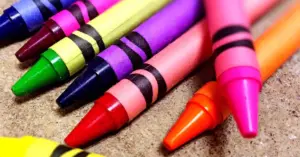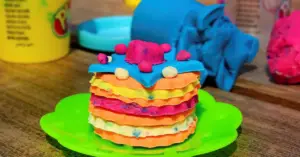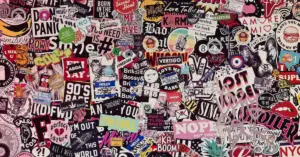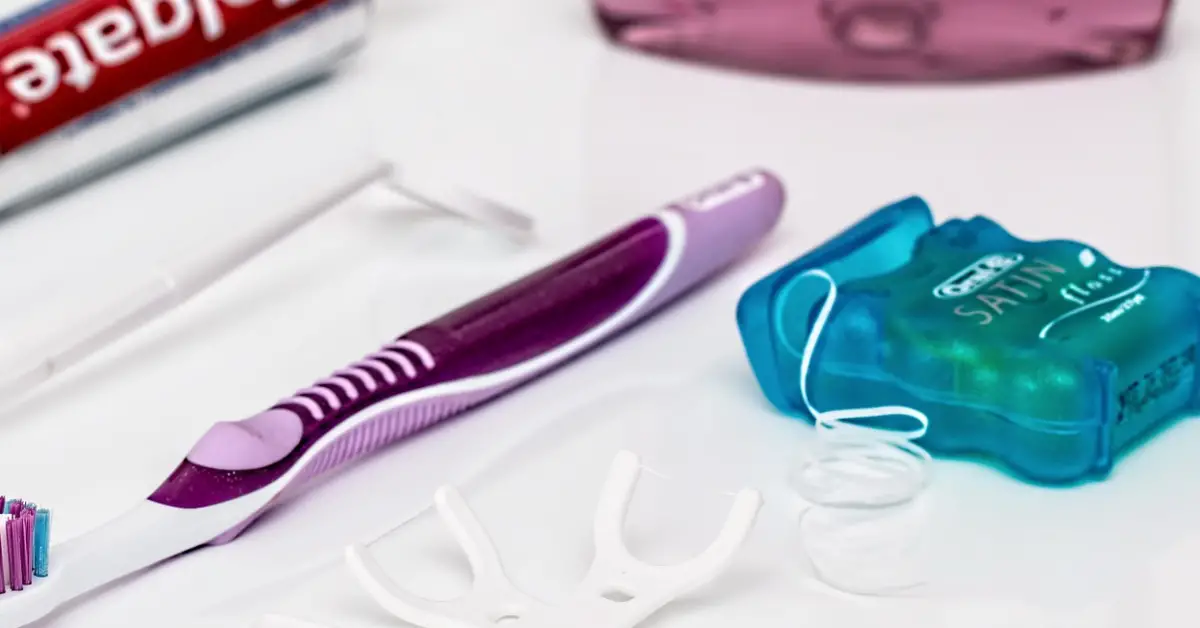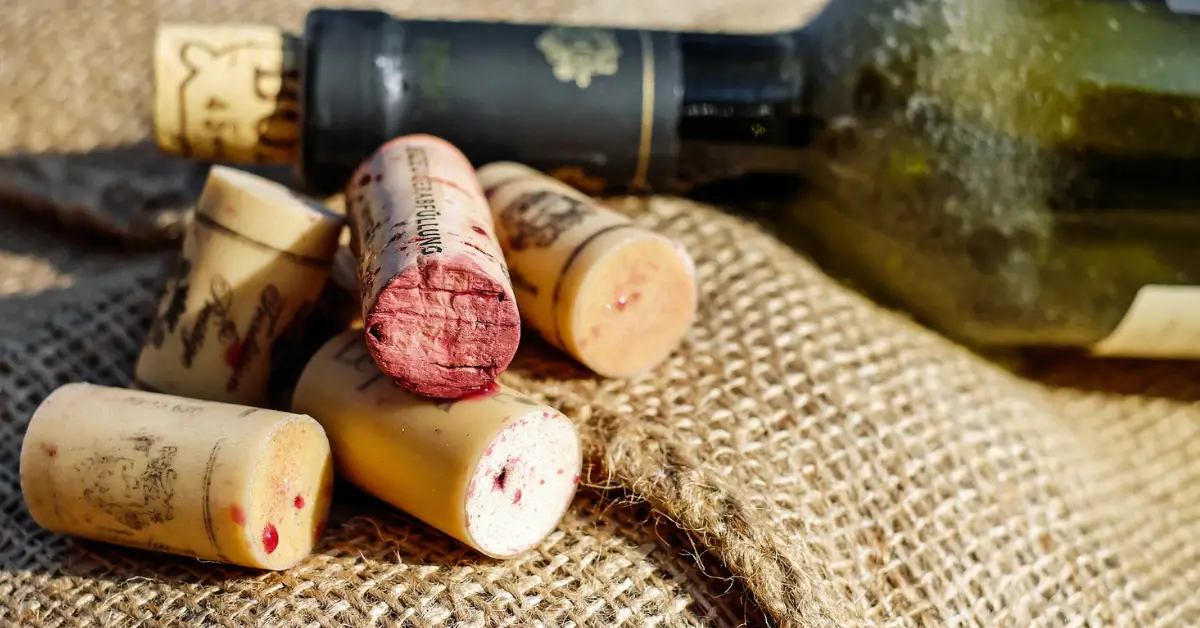Bubble wrap is one of the most commonly used packaging solution – lightweight and shock absorbing, it will ensure your package reaches its destination unharmed. Although re-use is always our top choice, this may not always be possible. In such cases, is recycling an option? Yes, but not in standard curbside collections unfortunately! However, there are other bubble wrap alternatives that can be recycled. Here we will take a look at the finer details…
Firstly, what is standard bubble wrap made of?
Most types of standard bubble wrap is made from polyethylene (LDPE) film, a type of plastic. Air-filled pockets within the plastic provides protection for the goods – as well as the protection given by the LDPE film itself. Generally, the bubbles formed within it are 1cm in diameter but they can be bigger, it depends on what items are in transit.
So, can you recycle bubble wrap?
Although some plastics can be recycled by your local curbside collector, this is not generally the case with standard bubble wrap and other soft plastics such as bread bags. However, this does not mean that they must be thrown in the trash. There are other alternatives – they just take a bit extra effort…
The first, and most simple alternative, is to take your used bubble wrap (clean and free from any debris or tape) to your local grocery story. Bubble wrap can, generally, be recycled alongside other soft plastics such as plastic bags and cereal box liners. There are typically collection points within the larger grocery stores that cater for this type of recycling. A bit more effort than your curbside recycling, but it diverts it from potentially hundreds of years in landfill!
TerraCycle also offer an alternative – you can purchase a Zero-Waste Box from their website, fill it with bubble wrap (and other plastic packaging) and send it for recycling when it is full. However, the fee for the box is significant and only really seems practical for eco-friendly businesses. Our advice – take it to the grocery store, or re-use it!
Before recycling, re-use it until it is no longer usable!
Where you can, re-use is always the best option! The recycling process uses energy and has carbon emissions associated with it, so avoiding it as long as possible should be a priority. Bubble wrap lends itself well to re-use, unless you are too tempted by the obligatory bubble-popping!
The best re-use for it is for its original function – packaging. But if you have no need for it, why not donate it to someone who might? Charity shops may find it useful to package up items for customers to take their item home. Or you could always list on a platform like Gumtree or Freecycle, crafters may be keen to pick some up for some crafts like in the video below. Any way we can divert it from landfill is a bonus!
More eco-friendly alternatives to bubble wrap are available….
There are some useful alternatives to consider for protecting your parcels that don’t involve plastic. Although bubble wrap can be recycled, it can still cause environmental issues at other parts of its lifespan. Plastic manufacturing begins with the extraction of fossil fuels and uses lots of energy.
Thankfully, manufacturers have responded to this and are producing a paper alternative to bubble wrap. There are a few different options available – some have an indented surface whilst others opt for a honeycomb/shredded effect. One thing they all have in common is that they are recyclable, at curbside – a huge environmental plus. They are also biodegradable and can even be added to your home compost pile as a carbon-rich ingredient. So long as they have not been in contact with any nasty chemicals or forbidden composting items, you are good to go.
The bottom line
As with all items, we recommend that you re-use an item to its fullest before disposing of it. But when that time comes, bubble wrap is actually recyclable – despite often ending up in the trash. It just takes that little bit extra effort, which prevents many consumers from recycling it. Paper alternatives, on the other hand, are suitable for curbside collection. Perfect for people that want to avoid the environmental impact of plastic – and the extra step of a grocery store trip!


